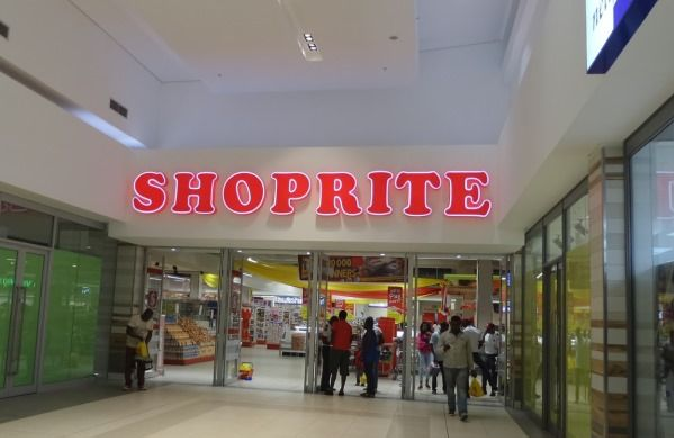
How do you invest in Nigeria when the currency is like a domino under the influence of the gravitational pull of balance of payment? We can learn from some brands which have done well for decades in Nigeria. Yes, we can learn many things from the playbooks of 7UP, Coca Cola and Unilever.
In these companies, their “parent companies” do not directly take the risk of exchange rate fluctuation. They simply make sure their Nigerian operations are not directly captured in their books. Sure, there is history behind the “indigenization” of these brands in Nigeria, but the real deal remains: Coca Cola does not need to have a Nigeria entry line in its financials in the U.S. That is not necessary since Nigerian Bottling Company Plc (NBC) which is a franchise bottler for Coca Cola shields it, and takes all the exchange rate risks.
And by taking those risks, NBC has more freedom to adjust pricing to compensate for any forex exposure. That exposure is that it has to buy whatever concentrate Coca Cola sells to it for bottling in Nigeria. So, in this relationship, a transaction takes place and Coca Cola in Atlanta USA books a sale whenever an order comes from Nigeria. Unilever does the same. Seven Up Bottling Company does the same. (This is my assumption, not sure if that is what they do, but it seems likely though).
Register for Tekedia Mini-MBA edition 19 (Feb 9 – May 2, 2026): big discounts for early bird.
Tekedia AI in Business Masterclass opens registrations.
Join Tekedia Capital Syndicate and co-invest in great global startups.
Register for Tekedia AI Lab: From Technical Design to Deployment (next edition begins Jan 24 2026).
Ideally, Shoprite could have looked for a local partner, license its intellectual property or business trade secrets in retail, no matter what they are, and then focus on doing business in Nigeria, via that partner, where all transactions are captured as sales in its South African books. Of course that would be harder in retailing than in manufacturing where core intellectual properties exist. Largely, looking at all permutations, being a foreign retailer in Nigeria makes no sense as franchising framework would be extremely impossible since no core IP exists! So, without this mechanism, the forex exposure hits directly.
If you look at it, you need to “license” IPs to thrive in Nigeria.
---
Connect via my
LinkedIn |
Facebook |
X |
TikTok |
Instagram |
YouTube



Retail is a different thing, there you have thousands of products catalogues, which the brand owner doesn’t really have control over, because they are sourced from different merchants.
So, what could work is a franchise name model, you licence the name ‘Shoprite’ on a multiyear agreement, then the products (or whatever secretes) directly under your control, you sell to the new owner(s) purely on transaction basis.
Sort of how Mr Biggs, KFC, etc remained here. Most times the brand name is the biggest differentiator, and not really what is sold in there. The brand may even sound ‘foreign’, while most things you purchase there remain locally sourced.
But we still need to find a way to make Nigeria’s business space attractive and viable for foreign investors and entities. All these financial acrobatics, gymnastics or permutations won’t make billions of dollars to start flowing in this direction. This patchy-patchy lifestyle is boring and disconcerting to savvy investors.
Hello Francis Oguaju,
Salient point.